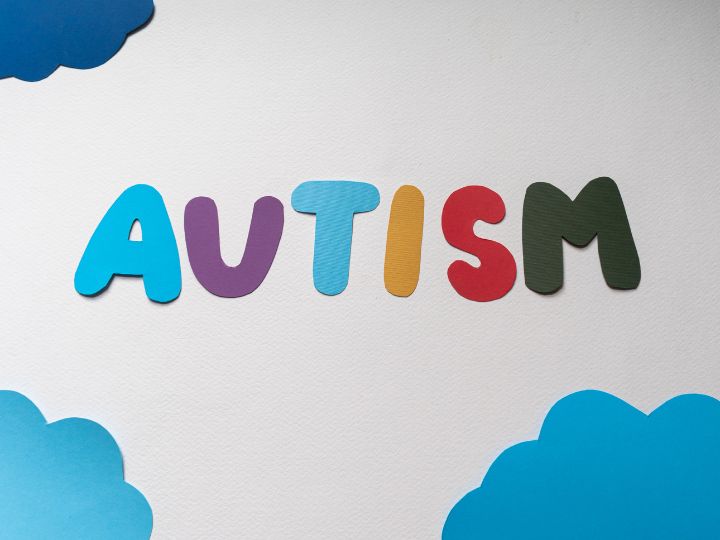Applied Behavior Analysis (ABA) therapy is a well-known intervention often associated with autism spectrum disorder (ASD). If you’re exploring therapy options, you might wonder: is ABA therapy only for autism? The short answer is no. While ABA is most commonly linked to autism treatment, its principles and techniques are versatile and benefit many other populations beyond ASD.
In this article, we’ll explain what ABA therapy is, why it’s widely used for autism, and how it helps individuals with various developmental and behavioral challenges.
What is ABA Therapy?
ABA stands for Applied Behavior Analysis, a scientifically validated approach to understanding behavior and learning. The core of ABA therapy involves analyzing the relationship between behavior and the environment, then applying strategies to encourage positive behaviors and reduce those that may interfere with learning or daily life.
ABA therapy focuses on measurable and meaningful changes. Techniques such as positive reinforcement, prompting, shaping, and data-driven adjustments help individuals acquire new skills, improve communication, and manage behaviors effectively.
ABA Therapy and Autism
ABA therapy has become a cornerstone of autism treatment because of its strong evidence base and ability to address the unique challenges faced by individuals on the spectrum. ABA helps improve social skills, communication, daily living skills, and reduces behaviors that might impede learning or safety.
Thanks to its individualized and structured nature, ABA can adapt to the specific strengths and needs of each person with autism. Research consistently shows that early and consistent ABA interventions can significantly enhance quality of life for individuals with ASD.
Is ABA Therapy Only for Autism?
Although ABA therapy is widely known for autism, it is by no means exclusive to it. The principles of ABA apply broadly to behavior modification and skill acquisition in many contexts. ABA is effectively used to support individuals with:
- Developmental delays and disabilities other than autism
- Behavioral challenges in both children and adults
- Attention Deficit Hyperactivity Disorder (ADHD)
- Down Syndrome and other neurodevelopmental disorders
- Traumatic brain injury rehabilitation
- Behavior management in schools and classrooms
- Skill-building for adults in workplace and daily living environments
The versatility of ABA comes from its ability to be tailored to different goals and environments, making it a powerful tool for promoting positive behavior and independence across a wide range of populations.
Benefits of ABA Therapy for Various Populations
One of the biggest advantages of ABA therapy is its personalized and data-driven approach. ABA practitioners continually collect and analyze data to ensure that interventions are effective and meaningful. This means therapy is not static but evolves with the individual’s progress and changing needs.
ABA’s techniques are adaptable and can be implemented in homes, schools, clinics, and workplaces. Whether the goal is to develop communication skills, manage challenging behaviors, or build daily living skills, ABA’s evidence-based strategies provide a structured framework for growth.
Common Misconceptions About ABA Therapy
There are some common misconceptions about ABA therapy that are important to address:
- ABA is only for autism: As we’ve explored, ABA is helpful for many developmental and behavioral challenges, not just autism.
- ABA is rigid or punitive: Modern ABA focuses on ethical, positive, and person-centered approaches that prioritize respect and dignity. Punishment-based methods are outdated and not part of ethical ABA practice.
- ABA is one-size-fits-all: In reality, ABA programs are highly individualized. Each person receives a plan tailored to their unique needs, strengths, and goals.
Conclusion
ABA therapy is a powerful, evidence-based approach that goes far beyond autism treatment. Whether supporting individuals with other developmental disabilities, behavioral challenges, or skill-building needs, ABA’s versatility and personalized strategies make it an invaluable resource.
If you or a loved one are facing behavioral or developmental challenges, consider how ABA therapy might offer meaningful support and improvements.
At Intellaplay ABA, an ABA therapy in Maryland, we specialize in creating individualized ABA therapy programs designed to meet the unique needs of each client. Contact us today to learn how ABA can help unlock potential and improve quality of life.






